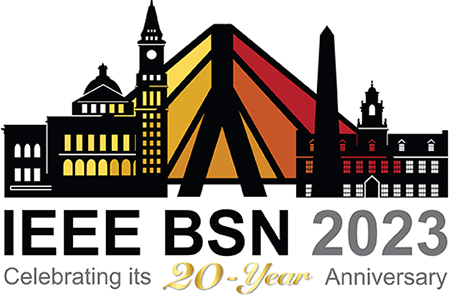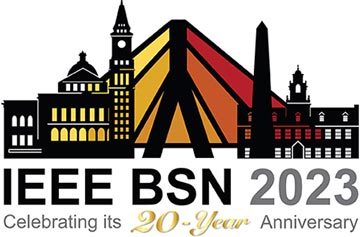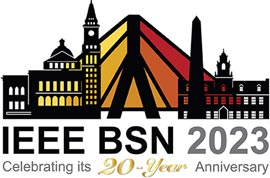Keynote Speakers
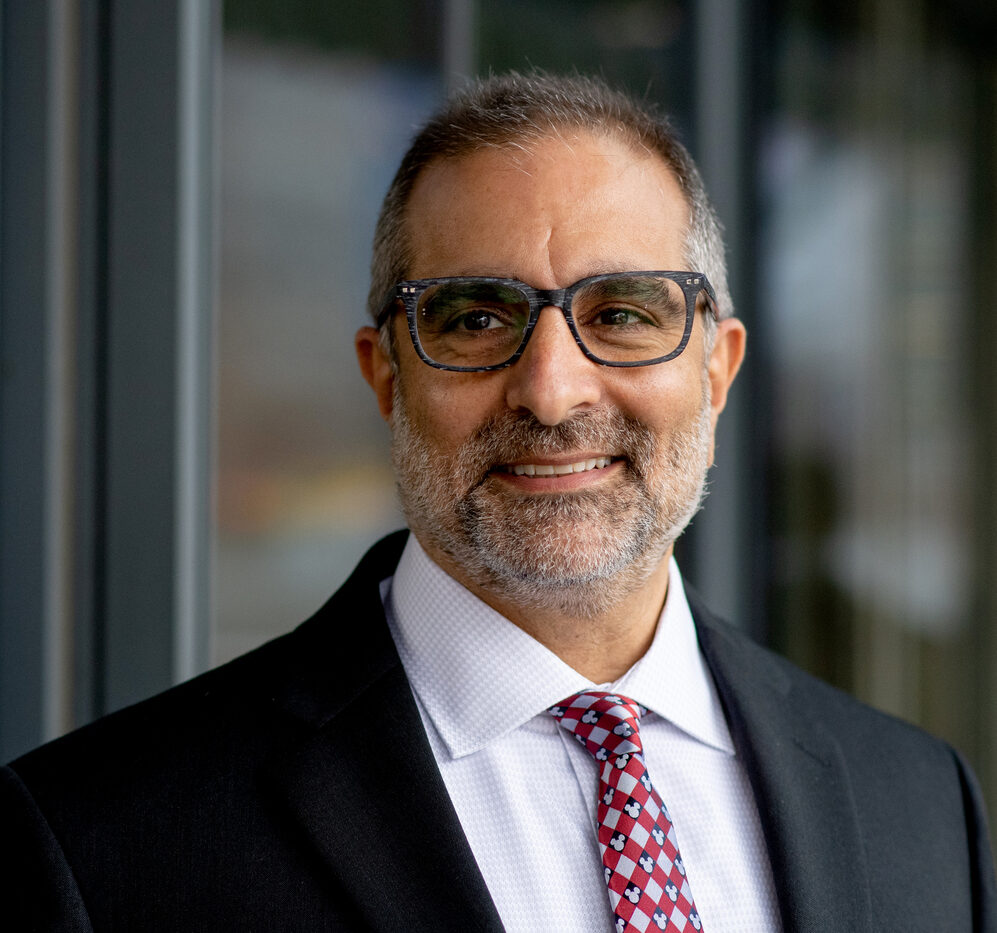
Gregory D. Abowd
Dean, College of Engineering
Professor, Electrical and Computer Engineering
Northeastern University
Professor, Electrical and Computer Engineering
Northeastern University
Rethinking the manufacturing of computational devices to address sensing and systems for digital health
Abstract
The introduction of wearable sensing technologies has shifted the emphasis of clinically-relevant health data from data collected in clinical settings to data collected outside of those settings. A growing number of devices, including commodity devices like smartphone and smartwatches, now provide measurements of critical health data throughout our daily lives. But there are still challenges to the creation of these devices. They consume too much power, limiting the time they are available to collect data and placing a burden on the individual to charge them. They are too costly to manufacture and also contribute to the growing problem of e-waste when they get past their lifetime. Using health as the driving application domain, I will show how different approaches to data collection and device manufacturing processes might address these threats to sustainability while still serving the health domain.
Bio
Gregory D. Abowd is the Dean of the College of Engineering at Northeastern University, where he is also a Professor of Electrical and Computer Engineering with affiliate appointments in the Khoury College of Computer Sciences and the Bouvé College of Health Sciences. Prior to joining Northeastern in March 2021, Dr. Abowd was faculty in the College of Computing at the Georgia Institute of Technology for over 26 years, where he held the titles of Regents’ Professor and J.Z. Liang Endowed Chair in the School in Interactive Computing. His research falls largely in the area of Human-Computer Interaction with an emphasis on applications and technology development for mobile and ubiquitous computing in everyday settings. His research has introduced innovations in the classroom, the home, for stakeholders connected with autism, and sustainable forms of computing in everyday life. He has been the founding Editor-in-Chief for two major journals and is the most highly cited researcher in HCI and ubiquitous computing in the world, according to csrankings.org (the second two are both his former PhD students). Dr. Abowd is a Fellow of the ACM and an elected member of the ACM SIGCHI Academy. He received the 2023 Lifetime Achievement Award for Research from ACM SIGCHI. He was a 2009 recipient of the ACM Eugene Lawler Humanitarian Contributions within Computer Science and Informatics. He earned his Bachelor of Science in Honors Mathematics (summa cum laude) from the University of Notre Dame in 1986 as well as a Master of Science (1987) and Doctor of Philosophy (1991) in Computation from the University of Oxford, where he attended as a Rhodes Scholar.
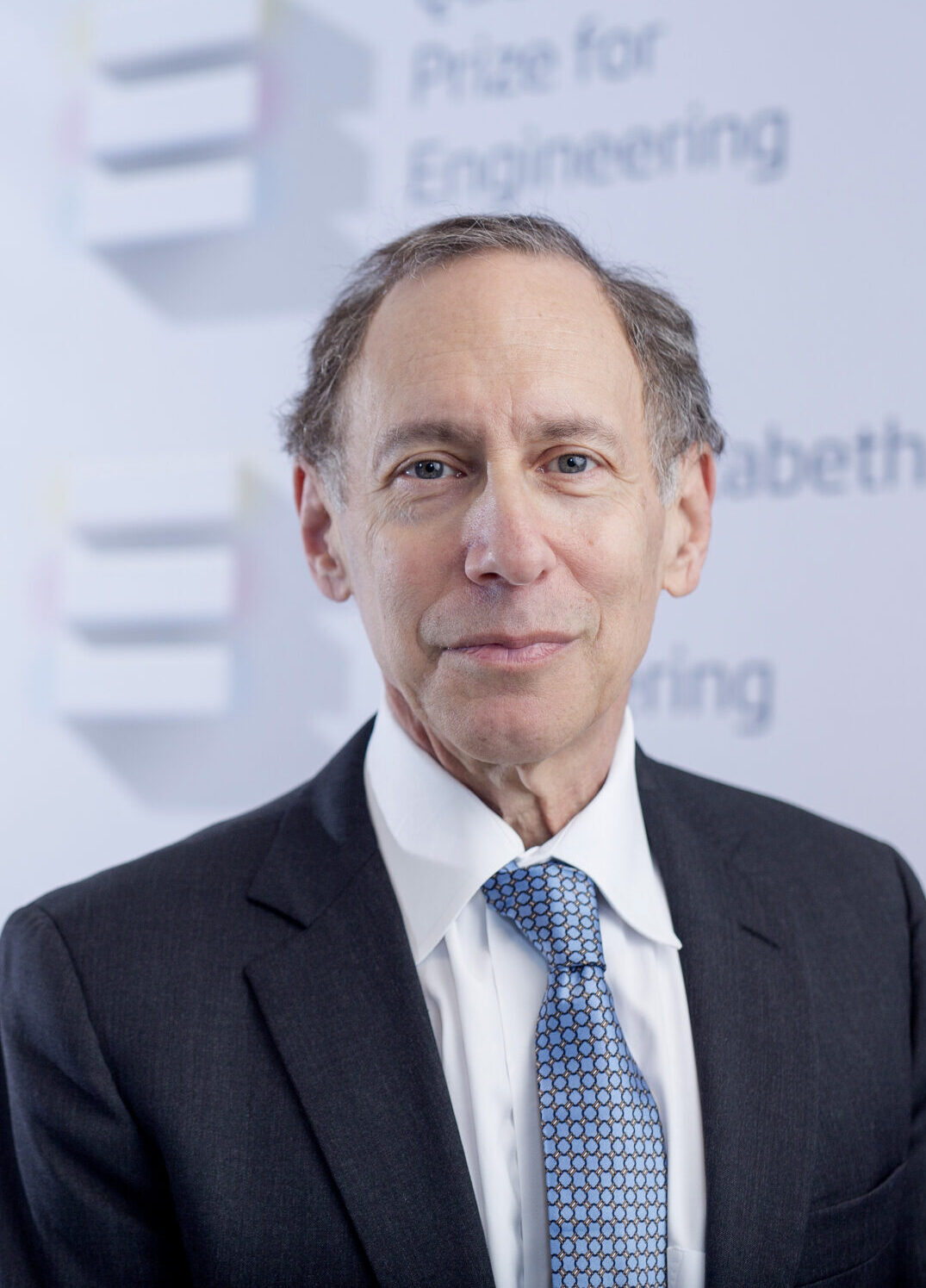
Robert Langer
David H. Koch Institute Professor,
Massachusetts Institute of Technology
Massachusetts Institute of Technology
From the discovery of the first angiogenesis inhibitors to the development of controlled drug delivery systems and the foundation of tissue engineering
Abstract
Advanced drug delivery systems are having an enormous impact on human health. We start by discussing our early research on developing the first controlled release systems for macromolecules and the isolation of angiogenesis inhibitors and how these led to numerous new therapies. This early research then led to new drug delivery technologies including nanoparticles and nanotechnology that are now being studied for use treating cancer, other illnesses and in vaccine delivery (including the Covid-19 vaccine). We are also developing drug delivery microchips and robotic pills. Finally, by combining mammalian cells, including stem cells, with synthetic polymers, new approaches for engineering tissues are being developed that may someday help in various diseases. These can also serve as a basis for tissues on a chip which can potentially reduce animal and human testing Examples in the areas of cartilage, skin, blood vessels, GI tract and heart tissue are discussed.
Bio
Robert Langer is one of 9 Institute Professors at the Massachusetts Institute of Technology (MIT); being an Institute Professor is the highest honor that can be awarded to a faculty member. He has written over 1,500 articles, which have been cited over 386,000 times; his h-index of 309 is the highest of any engineer in history and the 2nd highest of any individual in any field. His patents have licensed or sublicensed to over 400 companies; he is a cofounder of a number of companies including Moderna. Dr. Langer served as Chairman of the FDA’s Science Board (its highest advisory board) from 1999-2002. His over 220 awards include both the United States National Medal of Science and the United States National Medal of Technology and Innovation (he is one of 3 living individuals to have received both these honors), the Charles Stark Draper Prize (often called the Engineering Nobel Prize), Queen Elizabeth Prize for Engineering, Albany Medical Center Prize, Breakthrough Prize in Life Sciences, Kyoto Prize, Wolf Prize for Chemistry, Millennium Technology Prize, Priestley Medal (highest award of the American Chemical Society), Gairdner Prize, Hoover Medal, Dreyfus Prize in Chemical Sciences, BBVA Frontiers of Knowledge Award in Biomedicine, and the Balzan Prize. He holds 41 honorary doctorates, including Harvard, Yale, Columbia, and Northwestern, and has been elected to the National Academy of Medicine, the National Academy of Engineering, the National Academy of Sciences and the National Academy of Inventors.

Rosalind W. Picard
Director of Affective Computing Research,
MIT Media Lab
MIT Media Lab
Thinking of building a wearable? Sharing the best lessons learned
Abstract
Most wearables don’t make it out of the lab, but some do – and some go on to help save lives and make scientific discoveries. What helps them succeed? The stories in this talk started decades ago at MIT with an effort to measure emotion and aid the communication of people who have difficulty understanding emotion, especially many people on the autism spectrum. We designed and built novel wearables to “put the lab on the body” in order to collect real-world data, to which we applied machine learning (back when it was called “not AI”) to recognize the wearer’s state. We focused on interpreting faces and physiology, collecting natural social-emotional data, and found a series of surprises. For example, a couple of longstanding theories were wrong. We also found huge electrical signals at the wrist during seizures where the scalp EEG goes flat. This was a puzzle to solve: No brain activity, but we get a giant signal on the wrist, without a person. moving? This led to a series of new studies in neurology and psychiatry. We also developed a wristband, “Embrace” (commercialized by Empatica) that became the first FDA-cleared smartwatch to alert to potentially life-threatening seizures. Today there’s an entire FDA-cleared platform used in thousands of clinical studies collecting wearable data. This talk will share stories of several of the best lessons learned.
Bio
Rosalind Picard, Sc.D. is founder and director of the Affective Computing Research Group at the MIT Media Laboratory, co-founder and chief scientist of Empatica, Inc., providing the first FDA-cleared smart watch using AI in epilepsy and an FDA-cleared platform for clinical-quality wearable data and digital biomarkers, and co-founder of Affectiva, Inc. (now owned by Smart Eye, AB). Picard is author or co-author of hundreds of peer-reviewed scientific articles in signal processing, computer vision, pattern recognition, machine learning, human-computer interaction, affective computing, and neurology (h-index >115). She is known internationally for her book, Affective Computing, which helped launch the field by that name. She was a founding member of the IEEE Technical Committee on Wearable Information Systems, helping boot up research on wearable computing in the 90’s. Picard is a fellow of the IEEE, ACM, APA, and AAAC, a member of the National Academy of Engineering, the National Academy of Inventors, and the ACM SIGCHI Academy, and is the 2022 recipient of the international Lombardia è Ricercia prize in Computer Science. Picard holds a Bachelors in Electrical Engineering from Georgia Tech and Masters and Doctorate degrees in Electrical Engineering and Computer Science from MIT. Picard leads research developing AI/machine learning algorithms, analytics, and sensors in order to improve human health and wellbeing.
